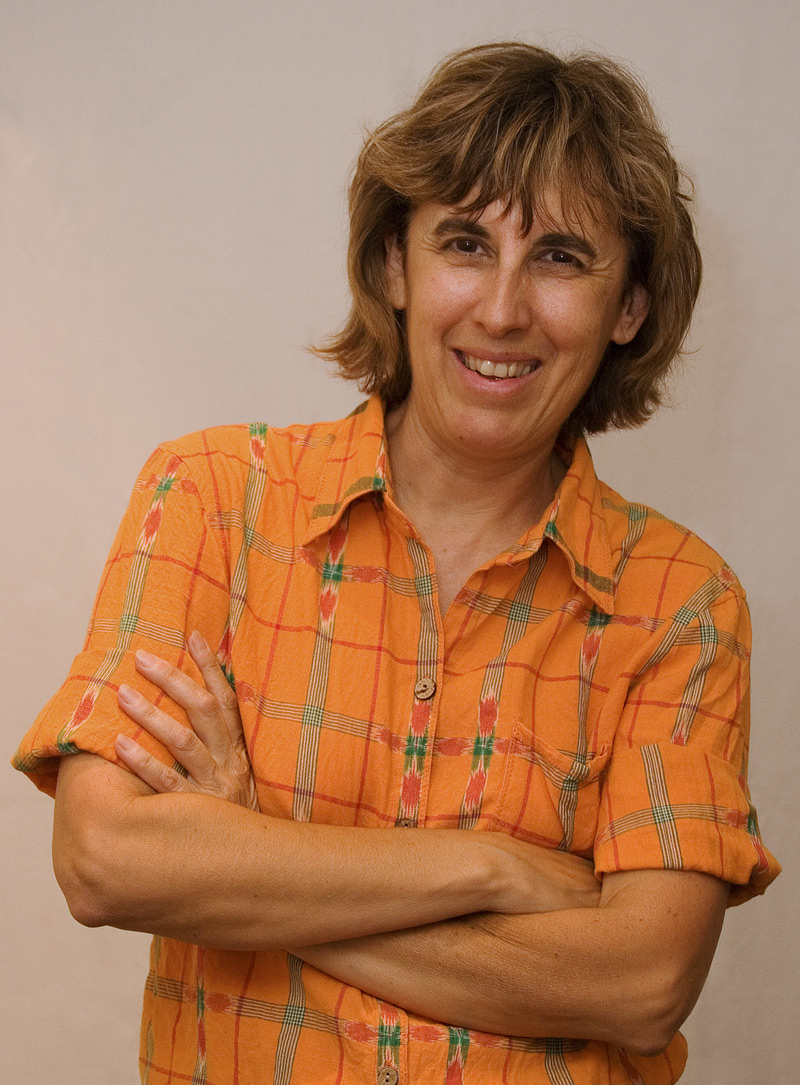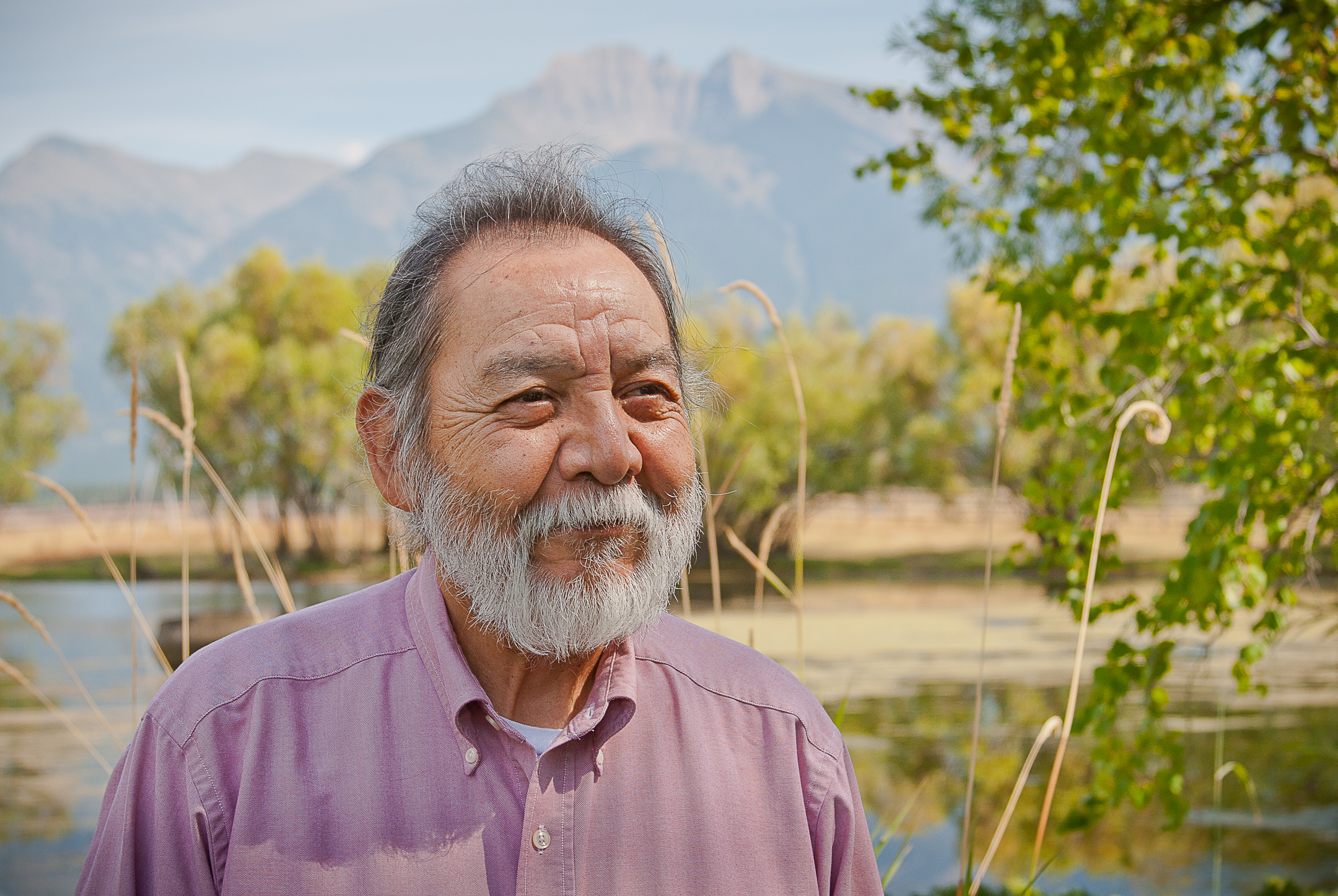Photographer & Poet Bios

Photographer Sue Reynolds is a fourth-generation Californian of Northern European descent. A fine art and documentary photographer, she is passionate about building bridges of understanding between non-Native and Native peoples, and that was her impetus for creating this teacher's resource. Since 2005, she has photographed Native American life and traditional celebrations across the West, all the way forging relationships with Native Americans and reflecting on our common humanity. She has also found solace for her own losses and a sense of harmony on this journey, explaining: “I was greeted with gentle kindness, and those early days on the powwow trail moved me, helping me redeem my own loss of identity. I was offered a new life, and I said, “Yes.”
Sue’s Artist's Statement describes her sensitivity to and respect for Native American life and traditions.
Sue’s photographs have appeared in exhibits in California, Montana, Oregon and Japan and in media including Montana, Indian Country Today, Cowboys & Indians and her books, “Proud People,” (2007) and “Still Here: Not Living in Tipis,” (2013). In 2013, her work, including the Still Here book, was commended by California Senator Mark DeSaulnier for outstanding community service including her history-making collaboration with Salish Indian poet Victor Charlo. In addition to founding, directing and photographing for Everyday Native, Sue has produced and directed each film available on this site. These short documentaries have been viewed and used by educators nationally and internationally.

In their book collaboration, “Still Here: Not Living in Tipis (2013), Sue Reynolds’ photographs joined Salish Indian poet Victor Charlo’s words to honor tribal ways of life that endure, and to acknowledge that walking in two worlds is hard. Their book became the first photo-poetry book collaboration between a white urban observer and a reservation Indian. Of Charlo’s poems Reynolds states, “They go straight to the heart. They show us that how well we love is what matters most.” Charlo’s poems join Reynolds’ photographs in this teacher's resource.
Victor is the great-great grandson of Chief Victor Charlo of the Bitterroot Salish. Through lineage, he is recognized as a spiritual leader.
He was born and raised in Evaro, MT on the Flathead Reservation and attended high school in Missoula. He then entered the seminary where he studied to be a Jesuit for seven years.
Victor left the seminary and became passionately involved in Native causes through a variety of social justice venues, notably the Poor Peoples’ Campaign. Later he pursued further education at the University of Montana, where he met and befriended famed regional poet, Dick Hugo. Victor received his Master's degree in Curriculum from Gonzaga University in Spokane, WA and returned to the reservation to co-found and principal the first all-Indian high school there, Two Eagle River School.
Victor retired in the fall of 2001 as a counselor at Kicking Horse Job Corps, the only all- Native American Job Corps in the United States.
Through the years, Vic’s work has been published in many literary journals and anthologies. His first collection of poetry, Put Sey was published in 2008 by Many Voices Press. Most recently, Vic’s poetry is represented in collaboration with two books of photography: Native American Ceremonial Dancers: The Hand Painted Silver Gelatin Prints of Kay Franke, (2013) and Still Here: Not Living in Tipis, with photographer Sue Reynolds (2013).
Vic spent 20 years in collaboration with Zan Agzigian co-writing contemporary Native American plays. Together, Vic and Zan co-wrote, directed and produced three plays: Trickster at Dirty Corner, Moon over Mission Dam and The Beta Cycle: Bitterroot, Berkeley, Belfast and Beta. Between 2010-2013, Vic and Zan with Salish performance artist and educator Julie Cajune, Patty Stevens and Rosie Matt were instrumental project co-creators and coordinators of the Npustin Indigenous Theatre Project, a summertime Native American Playwrights Festival out of Arlee, MT.
Npustin’s goal was to promote a heightened interest in theater on the Reservation through staged readings of new work by Native Americans. The festival included work by the youth of the Nk̓ʷusm Salish Language Institute. The yearly week-long festival integrated both Native and non-Native talent on the Reservation in the hopes of opening non-Native peoples to the more real and human world of Native peoples without stereotypes, allowing a bridge for Native and non-Native people to connect in a nurturing, artistic environment. Npustin continues to publish tribally authored materials and support Native arts.
Vic reads regularly at public and civic events, and is a “writer-in-the-schools” as part of The Missoula Writing Collaborative, a non-profit that teaches children to love writing. He is the father of four children, and grandfather to beautiful grandchildren. He lives on the Flathead Reservation, in Dixon, Montana, with his cat, Seeley and guinea pig, Huckleberry.
